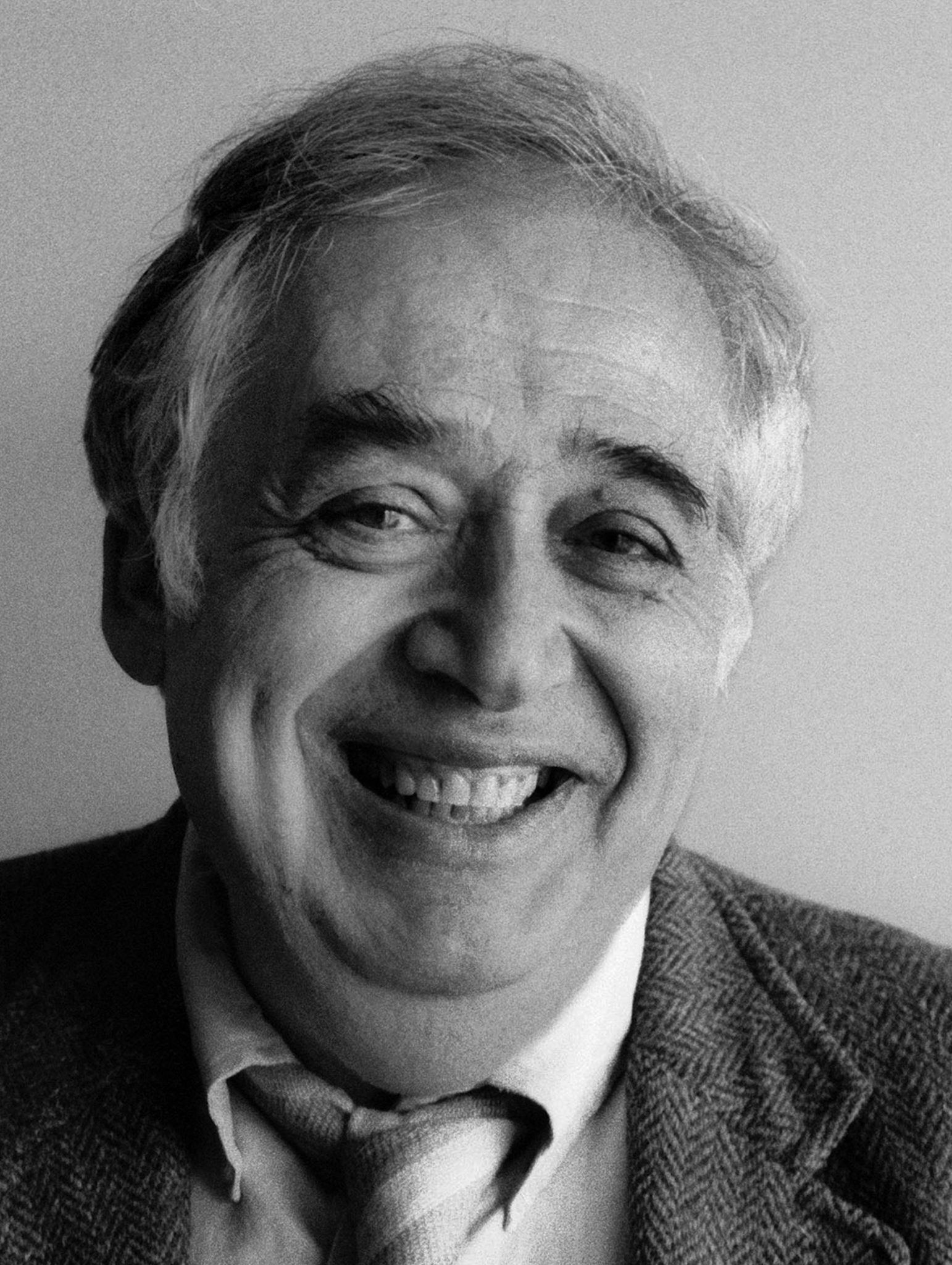
Yale Daily News
Harold Bloom GRD ’56, a Sterling Professor of English, author of over 40 books and an iconic defender of the Western canon, died on Monday at the age of 89 at a New Haven hospital.
Bloom attained widespread academic recognition for his innovative interpretations of poetry. His passionate defense of romanticism earned the literary critic the title of “a lone warrior in the literary world,” according to a 2003 story in The Atlantic magazine. Bloom is survived by his wife Jeanne, whom he married in 1958, and his two sons, David and Daniel. In a statement sent to the News on Monday evening, University President Peter Salovey expressed his condolences to Bloom’s family for their loss.
“Professor Bloom … was a galvanizing teacher,” Salovey wrote. “He did not simply teach poetry — he inhabited it. His critical books, infused with his erudition, changed the landscape of poetic criticism.”
This semester, Bloom taught two humanities classes for undergraduates: “Shakespeare and the Canon: Histories, Comedies and Poems” and “Poetic Influence from Shakespeare to Keats.” He conducted his last class at the University on Oct. 10 and published his latest book — titled “Possessed by Memory: The Inward Light of Criticism” — earlier this year.
Bloom joined the Yale faculty more than 50 years ago, after receiving his Ph.D. in English language and literature from the University in 1956. A fan of romanticism, the young scholar published his doctoral thesis, which analyzed poetry by Percy Bysshe Shelley, as a book. He gained early prominence for his disavowal of the New Criticism, a mainstream literary movement in the mid-20th century.
Over his lifetime, Bloom amassed several honors and awards — including a MacArthur Genius Grant, a Guggenheim Fellowship and a Fulbright Award — and edited hundreds of anthologies. Some of his more prolific books include “The Anxiety of Influence,” “The American Religion” and “How to Read and Why,” all of which have been translated into languages across the globe.
Bloom grew up speaking Yiddish, and taught himself English while growing up in East Bronx, New York. He matriculated to Yale as a graduate and professional student after getting a bachelor’s degree from Cornell in 1951.
According to the New York Times, Bloom called himself a “monster reader” and could finish a 400-page book in an hour. His photographic memory allowed him to remember and recite lengthy poetry — including the entirety of John Milton’s “Paradise Lost.”
But an allegation of inappropriate behavior with female students undermined Bloom’s scholastic prowess in his later years. While Bloom has denied all accusations, a 1990 article in GQ magazine said Bloom had “intimate entanglements with female graduate students.” In a 2004 article published in New York magazine, Naomi Wolf ’84 alleged that Bloom groped her at a private dinner in 1983, when she was a senior at Yale College.
Still, current members of the Yale community spoke highly of their experiences with Bloom. Steven Tian ’20, who took two of his classes, including this year’s “Shakespeare and the Canon,” said the professor consistently pushed students to reach their academic goals.
“His insight into human nature and his kindness and warmth as a teacher really stood out. He’s irreplaceable, truly one of a kind,” Tian said.
When students tried to contact Bloom over the weekend, Bloom’s assistant Maddie Gerig Shelly told them that the professor was not available. On Sunday, the assistant announced to the class that Tuesday’s session had been canceled, according to emails obtained by the News.
Like many students on campus, Tian learned of Bloom’s passing via news announcements.
“This is just devastating,” he said. “There will never be another Professor Bloom.”
In an email to the News, Dean of the Faculty of Arts and Sciences Tamar Gendler said Bloom was “a grand figure” — not just “in his writing [and] his teaching” but also in “his being.”
“He was brilliant and opinionated, charming and infuriating. He loved books, he loved ideas and shared his passion for both with students and colleagues alike,” she wrote. “He will be sorely missed.”
Bloom taught at Yale and New York University from 1998 to 2004.
Valerie Pavilonis | valerie.pavilonis@yale.edu
Matt Kristoffersen | matthew.kristoffersen@yale.edu







